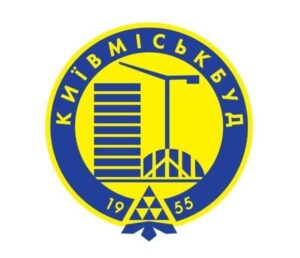
The shareholders of Kyivmiskbud Holding Company PJSC plan to initiate a preventive restructuring procedure and develop a corresponding plan of measures and conditions for debt repayment, according to the agenda of the general meeting of shareholders.
According to the PJSC’s report in the information disclosure system of the National Securities and Stock Market Commission (NSSMC), a remote general meeting of shareholders is scheduled for November 15.
“To initiate the procedure for the preventive restructuring of the private joint-stock company Holding Company Kyivmiskbud in accordance with the procedure established by the Code of Ukraine on Bankruptcy Procedures,” is stated in the draft decision of the shareholders on the agenda.
In addition, it is planned to authorize the acting chair of the board of Kyivmiskbud, Svetlana Samsonova, to take all necessary actions related to the restructuring process, including negotiations with creditors and approval of a debt repayment plan, as well as the submission of a corresponding application to open proceedings in court.
As reported, Kyivmiskbud has 24 construction sites on its balance sheet, where more than 120 residential buildings of varying degrees of completion have been built. The total area of unfinished construction exceeds 548,000 square meters.
In October 2024, the Kyiv City Council supported the decision to increase the authorized capital of PJSC HC Kyivmiskbud to stabilize the company’s financial position through an additional issue and acquisition of shares worth up to UAH 2.56 billion. The placement of shares will last from October 1 to November 28, 2025.
HC Kyivmiskbud was established on the basis of the assets of the state-owned municipal construction corporation Kyivmiskbud in 1994 by combining controlling stakes in 28 enterprises and other assets in its authorized capital. It comprises 40 joint-stock companies in which the company owns shares, as well as six subsidiaries and 51 enterprises with associate member rights.
According to the National Securities and Stock Market Commission, the main shareholder of PJSC Kyivmiskbud is the Kyiv City Council (80%).

According to Serbian Economist, Chinese automaker Chery is discussing with the Serbian government the possibility of opening a production plant in Serbia. In Shanghai, Serbian Deputy Prime Minister and Economy Minister Adriana Mesarovic held talks with Chery Chairman Yin Tongyue, the parties discussed the conditions of potential localization and further steps, Serbian publication Telegraf reported, citing Mesarovic’s statement.
According to the minister, Serbia’s status as a “gateway to Europe” and the free trade agreement with China create additional opportunities for investors, including access to a number of trade agreements when localizing more than 51% of the value added of products. Mesarovic also said that she expects Chery’s head to visit Belgrade to continue negotiations.
Specific parameters of the investment project, terms and location were not disclosed.
In 2025, Serbia has already announced a project for the construction of an electric car plant of Chinese JMEV in Sremska Mitrovica with export orientation to the EU market. Against the backdrop of the expanding presence of Chinese carmakers in the region, Chery is developing its European sales network and localization initiatives in parallel.
https://t.me/relocationrs/1699
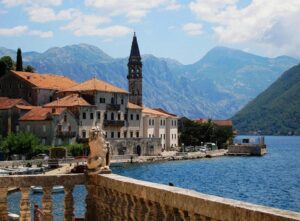
As reported by the Serbian Economist, the Government of Montenegro at a meeting of the Council of National Security approved a package of measures to tighten migration policy, including a proposal to fix in the Law on Foreigners the minimum value of real estate € 200 thousand as a basis for granting temporary residence. This is stated in the official message of the Cabinet of Ministers.
Among other decisions of the Council is the instruction to the Ministry of Foreign Affairs to prepare amendments to the decree on visa regime, which will reduce the period of visa-free stay for citizens of countries not aligned with the EU visa policy from 90 to 30 days. The Council also ordered that data on dormant and inactive foreign-owned companies be handed over to the police for verification and possible revocation of previously issued residence permits.
The government notes that the “company for the sake of a residence permit” ground is planned to be replaced by the requirement of full employment with a registered employer or an established company. At the same time, local media specify that the Parliament has introduced amendments, according to which the extension of residence permit for the founder of the company will be possible if there are at least three full-time employees, of which at least one Montenegrin citizen, and the extension of residence permit for real estate will depend on its value and size. These norms are to be detailed in bylaws.
Podgorica emphasizes that the measures are aimed at aligning the rules with EU approaches and strengthening control over migration flows. The final changes will require the adoption of amendments to the law and bylaws.
https://t.me/relocationrs/1698

EU countries could save EUR250 billion annually by 2040 by accelerating the transition to electricity, according to a press release from France’s Schneider Electric.
“The so-called ‘energy trinity’ – the balance between affordability, security, and sustainability – remains a challenge, as high dependence on fossil fuel imports keeps prices high and delays the achievement of climate goals,” the company said.
According to a press release based on Schneider Electric’s report “Europe’s Energy Security and Competitiveness – Accelerating Electrification,” the current level of electrification in Europe is only 21% — a figure that has remained unchanged over the past decade and is 10% lower than in China, where rapid electrification is taking place. At the same time, the cost of energy for domestic consumers in the EU is EUR0.27 per kWh, in the US — EUR0.15/kWh, and in China — EUR0.08/kWh.
“This means that daily energy consumption for each EU citizen is three times more expensive than for Chinese residents,” the report’s authors concluded.
According to the document, the pace and level of electrification in different European countries vary significantly due to differences in infrastructure, policy, market maturity, and consumer behavior. In particular, some countries, such as the Scandinavian countries, have made significant progress in the electrification of transport and buildings, while others are only beginning to scale up their efforts. At the same time, Southern Europe shows higher rates of building electrification, while Western and Central Europe focus on industrial electrification and the development of prosumer initiatives.
“To remain competitive on the world stage, Europe needs to accelerate the transition to a more electrified economy,” according to Schneider Electric analysts.
The report identifies several key policy areas that need to be implemented to achieve this goal.
First and foremost, according to the authors of the document, governments need to reduce the price difference between electricity and natural gas by gradually phasing out fossil fuel subsidies and reforming the tax system to encourage the use of clean energy.
Equally important is accelerating financing — simplifying access to investment, introducing targeted incentives, especially for small and medium-sized businesses, and directing revenues from emissions trading and innovation funds to electrification projects.
The report also highlights the need to develop local markets, which involves mandatory electrification of new buildings and industrial processes, support for the rapid introduction of heat pumps and electric vehicles, and encouragement of prosumer initiatives.
In addition, an important direction is to promote local development through sustainable public procurement, accelerate standardization, and support European innovation and manufacturing—this will allow the economic and social benefits of electrification to be fully realized across the continent.
“This study is one of the most thorough analyses of Europe’s electrification potential and the policy actions needed to realise it. It emphasizes that electrification is vital — not only for achieving climate goals, but also for stimulating economic growth, energy independence, and industrial competitiveness,” said Laurent Bataille, Executive Vice President of Schneider Electric in Europe.
In his opinion, Europe must urgently overcome the stagnation of electrification, for which the relevant technologies already exist and are ready for implementation. At the same time, appropriate policy incentives and decisive business action are also needed to unlock the economic and environmental potential that EU countries need.
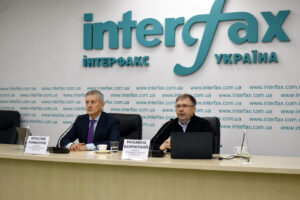
Ukrainians generally prefer personal freedom over social welfare, although most are in favor of balancing these priorities. This is evidenced by the results of a sociological study by the International Institute for Liberty, presented at the Interfax-Ukraine agency.
The survey was conducted on behalf of the Institute by New Image Marketing Group using the Lemur app in the first half of September 2025. CAWI methodology, sample of 1,000 respondents, representative of the adult population of Internet users aged 18+ throughout Ukraine, except for the temporarily occupied territories. The statistical error does not exceed 3.16%.
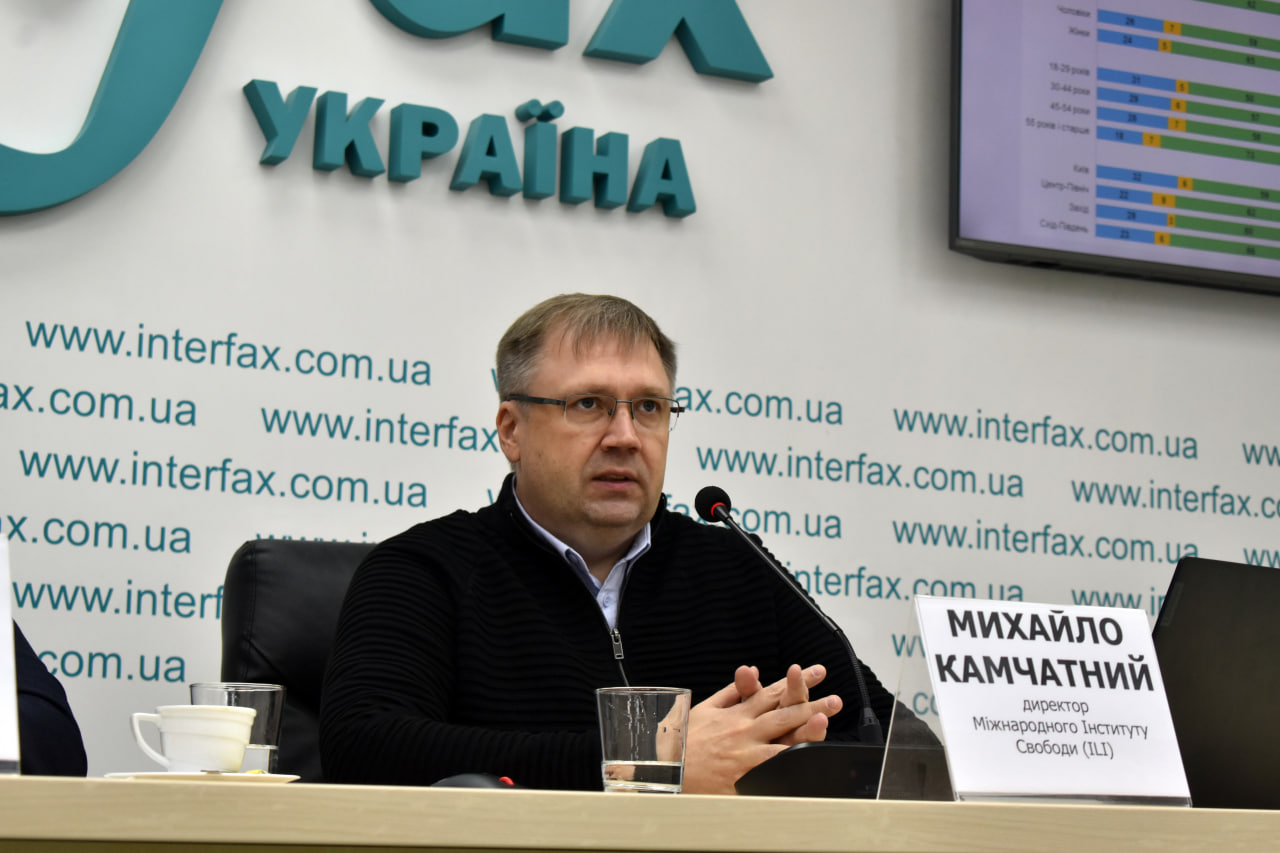
According to the study, most respondents choose a balance between personal freedom and public interests. Among those who make an unambiguous choice, 29% give priority to personal freedom, while 13% support the primacy of public welfare. Against the backdrop of wartime, a significant proportion of respondents are willing to agree to certain temporary restrictions, but a noticeable portion emphasize that personal freedom should not suffer even for the common good.
In the ranking of agreement with the statements, mutual support in difficult times, even at the cost of personal resources, takes first place. This is followed by attitudes about the right of a person to live as they see fit and the decisive role of personal effort in achieving success. The priority of public interests over individual interests came in last place.
In terms of self-identification of views, nationalist views prevail. 17% identified themselves as liberal conservatives, 5% identified themselves as libertarians, and about 30% were unable to define their ideology. The main sources of information in terms of frequency of mention are Telegram, YouTube, websites, and Facebook.
Yaroslav Romanchuk, president of the International Institute of Liberty: “Ukrainians are ready for the market and capitalism. It is part of our value code. Charity, solidarity, and mutual support have become a powerful force that can become the foundation for development after victory.” He stressed that the key challenge remains a lack of understanding of basic economic concepts: “We need educational work on economic freedom, private property, and the role of the state. The state must guarantee security and rights, but not replace private initiative.” Romanchuk also highlighted the link between support for market principles and long-term growth results: “Where support for market principles is higher, investment, productivity, and prosperity are higher. Ukraine can move faster if there is competition between programs and ideas, not just personalities.”
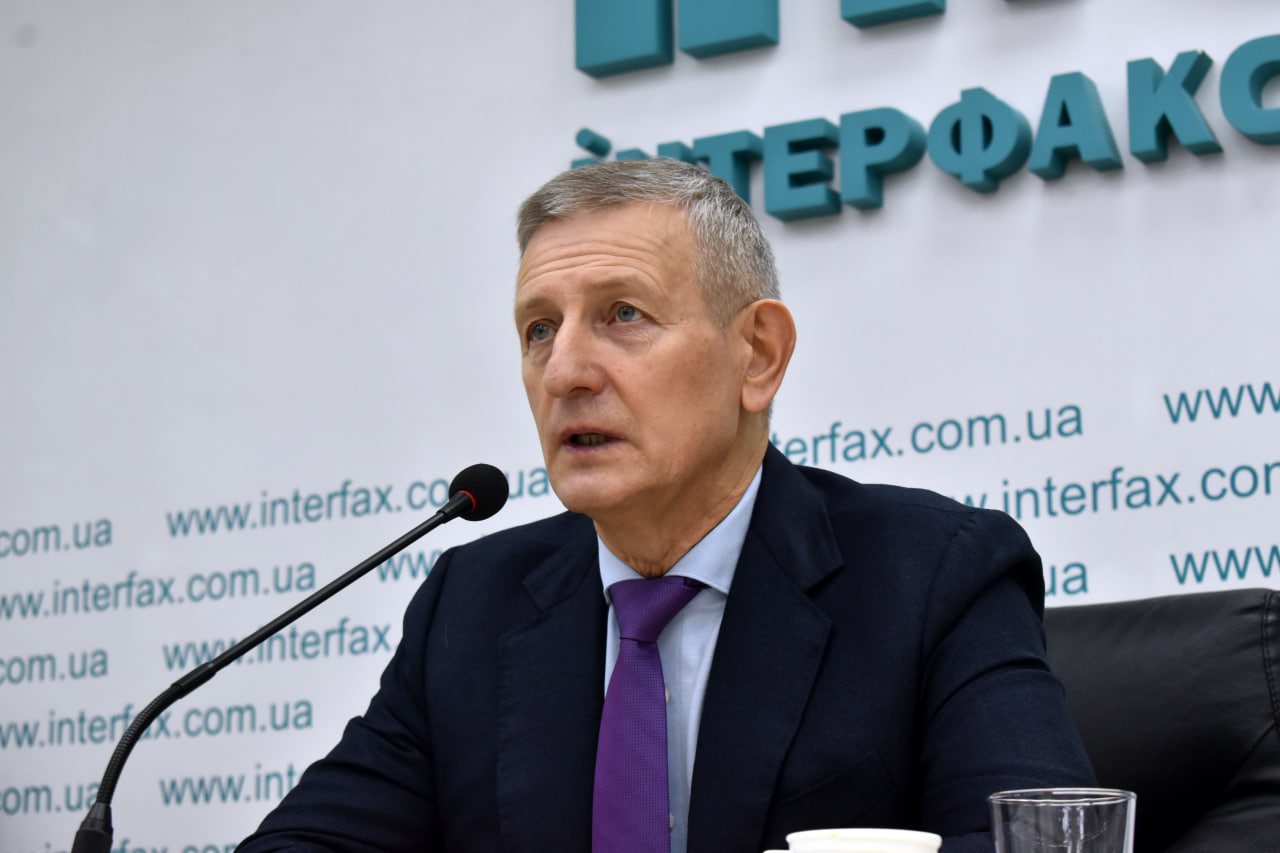
A comparison with Central European countries showed that state regulation of prices and wages is more often supported in Ukraine than in Poland, while agreement with the statement that private businesses have the right to independently determine their product range and prices is lower, at around 20%. Support for the market economy has grown compared to 2019, but lags behind Poland and the Czech Republic.
In demographic terms, support for elements of the market economy is more common among higher-income groups, young people aged 18-29, and respondents aged 55+. By gender, support for capitalism is higher among men than among women.
Mykhailo Kamchatnyi, Director of the International Institute for Liberty, emphasized that Ukrainians consistently place individual interests above those of the state and society, while at the same time demonstrating a high level of solidarity.
The full report and an abridged presentation are available on the website of the International Institute for Liberty.

The war hit the Ukrainian agricultural sector hard not only with missiles but also with a shortage of people. Thousands of specialists have gone abroad, while others have been mobilized or changed their profession. Elevators and grain processing plants are increasingly staffed by people without sufficient training. And while in the field you can still rely on the experience of senior agronomists, post-harvest handling and storage of grain requires precise knowledge, technological discipline and responsibility. A mistake at this stage can cost the farmer the entire harvest, SEEDS writes.
That is why the free online courses of the educational platform for agribusiness AgriAcademy.org are now becoming an effective tool for Ukrainian farmers. Established at the initiative of the EBRD, this educational platform of certified free courses for agribusiness has proven its effectiveness in wartime, when access to education is limited and the need for advanced training is greater than ever. AgriAcademy does not just teach – it preserves the professional potential of the agricultural sector, helping businesses operate steadily and professionals develop.
A new course has been added to the platform: “Post-harvest handling and storage of grain”. It is aimed specifically at those who want to deepen their knowledge in grain processing, improve the quality and safety of crop storage, avoid losses and ensure stable operation of the enterprise.
The curriculum covers all key stages of post-harvest grain preparation: from the organization of acceptance to storage, ventilation, pest control, and quality control.
Take the course at AgriAcademy.org
The students will gain a systematic understanding of the technological process at elevators and grain receiving facilities, learn about the physical and physiological properties of grain masses, self-heating and post-harvest ripening processes, and methods of preventing storage losses.
The course consists of 11 thematic modules, including:
The program also includes a module on visiting a working enterprise, a practical component that allows you to see the technologies in action.
Who teaches the course
The course was prepared by leading experts from Ukrainian universities:
Who is this course for?
For technologists, elevator operators, farmers, students of agricultural specialties – anyone who wants to understand how to preserve grain without loss and make the post-harvest processing process as efficient as possible.
Terms of participation
The course is free, available online at a convenient time, and you will receive a certificate upon completion.
Today, when the agricultural sector holds the economic frontline of the country, knowledge is becoming no less a strategic resource than fuel or seeds. AgriAcademy provides this knowledge openly, free of charge, and most importantly, practically.
So if you work with grain, this course is an opportunity to strengthen not only your business but also the food security of Ukraine.
You can register and take the course on the website: AgriAcademy.org.
Today, the platform offers 30+ online courses – more than 300 hours of practical training in agronomy, management, technology, processing, storage, etc. Each course includes a knowledge test.
The creation and management of the platform (including course development, study tours, etc.) is supported and funded by the EBRD, as well as the